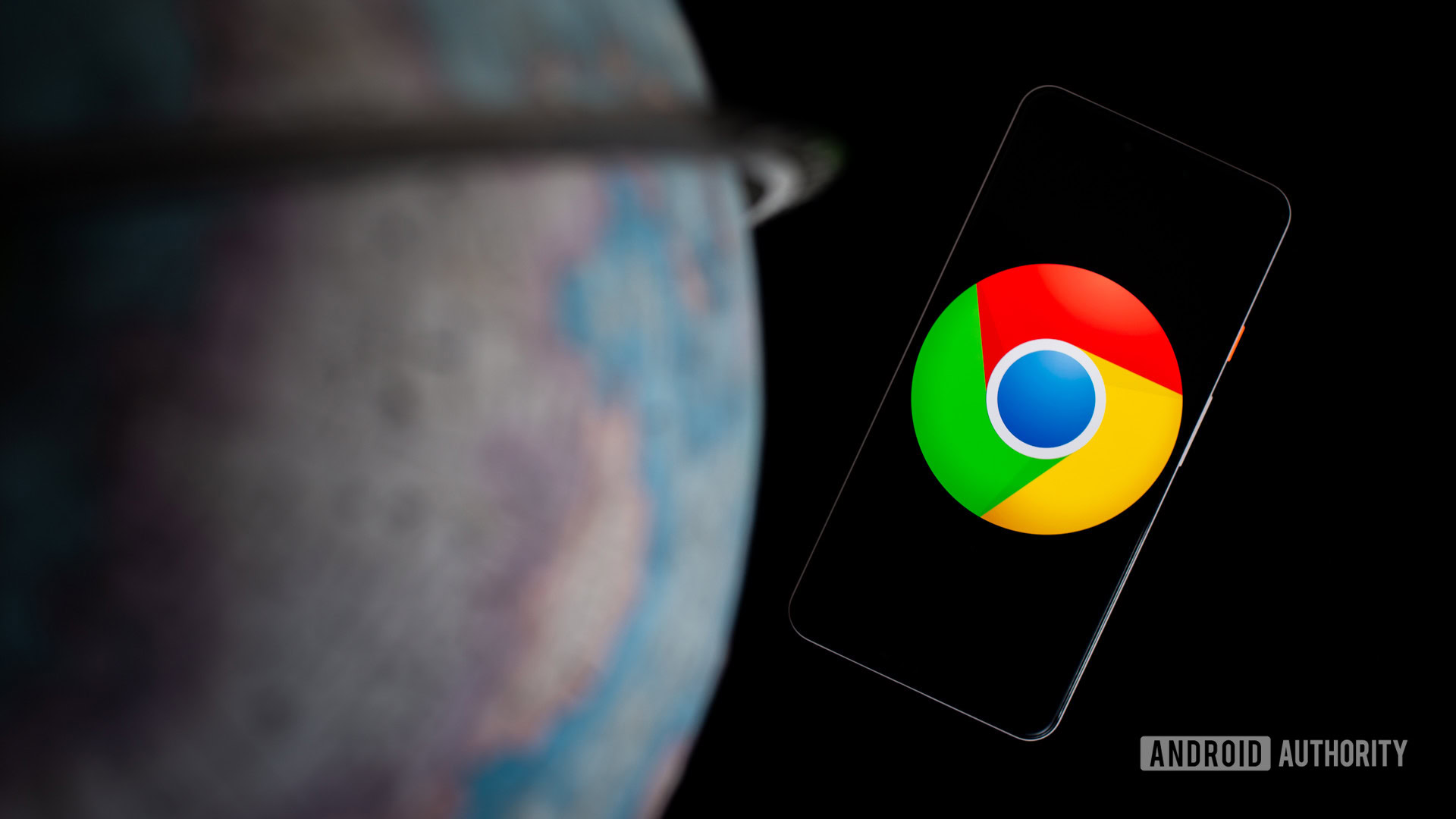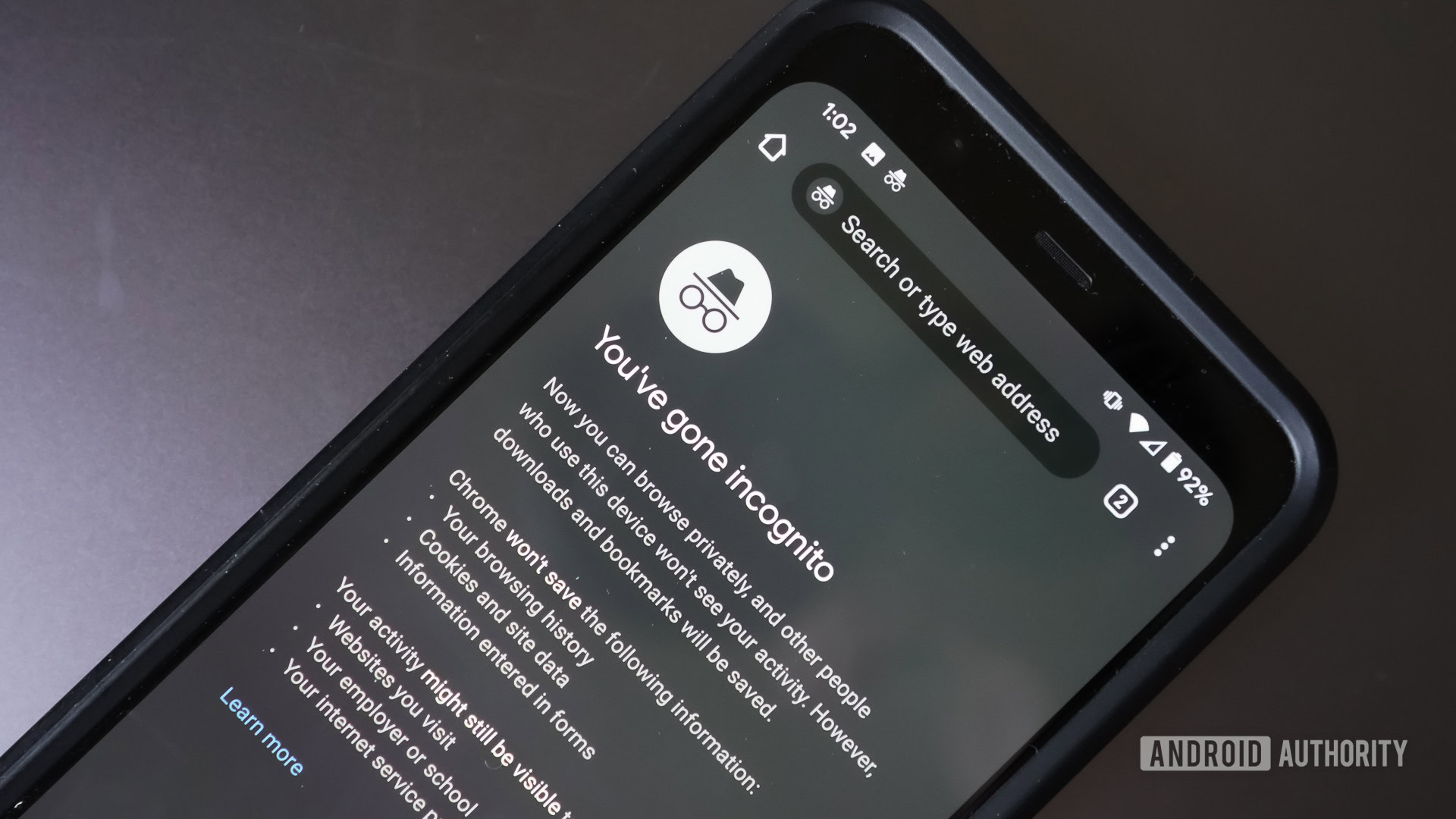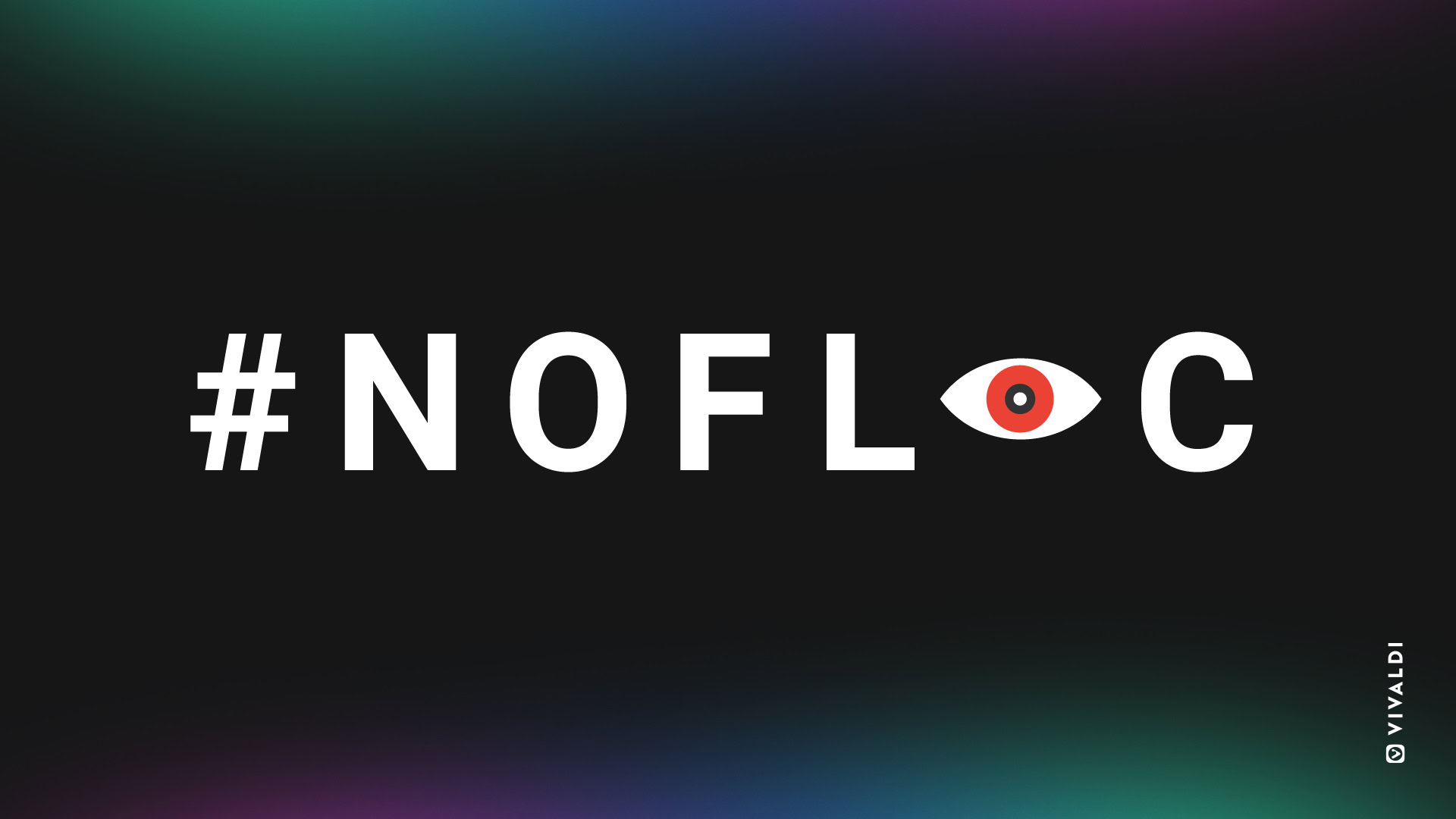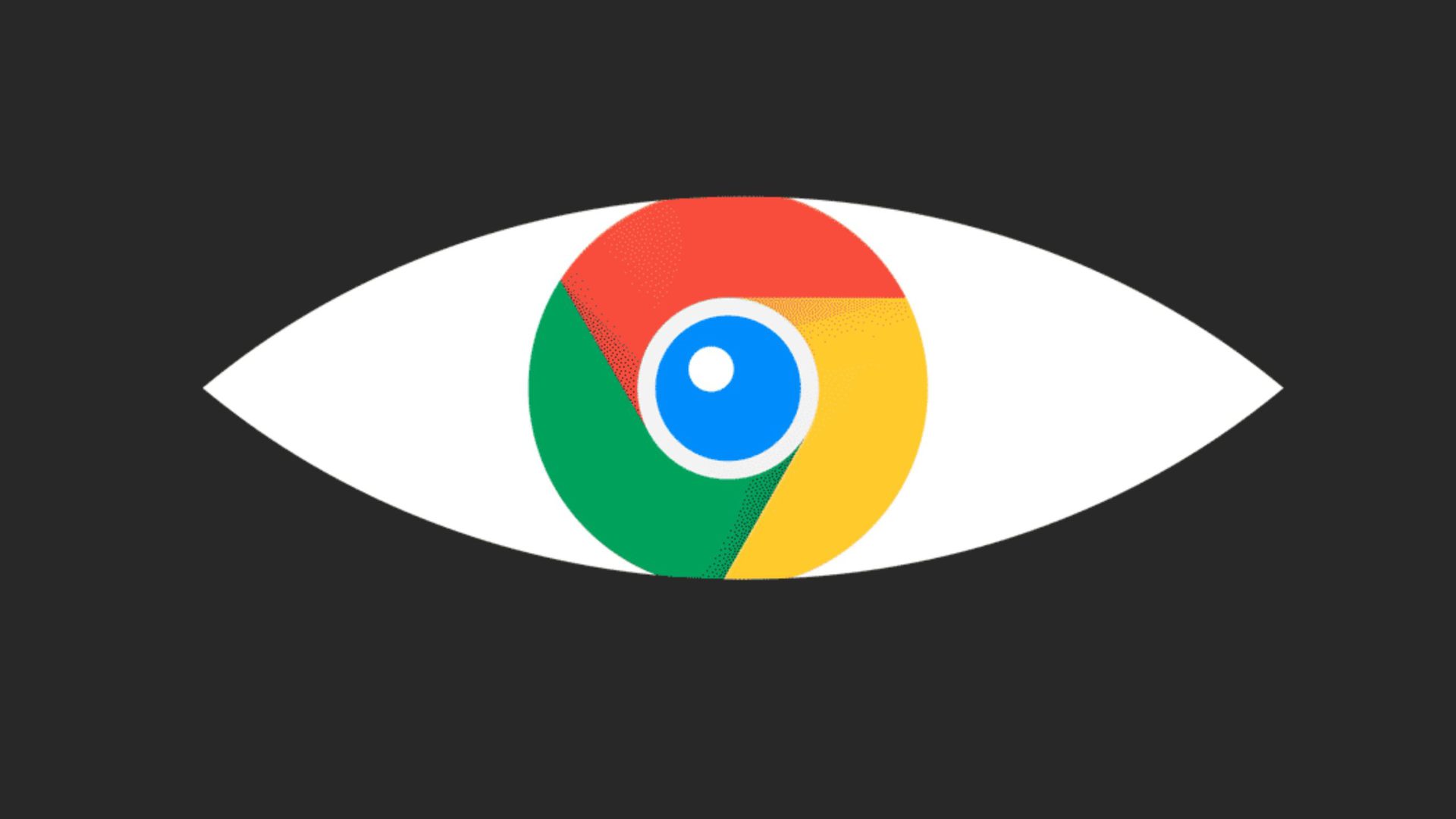Affiliate links on Android Authority may earn us a commission. Learn more.
What is Google FLoC? Google's new ad tracking plans explained

Google is a big part of internet traffic, be it search, advertising, or even browsing with Google Chrome. Therefore, when there’s a move from Google related to internet traffic, everybody takes notice. The latest one seems to be Google FLoC, which stands for Federated Learning of Cohorts. It’s a set of technologies Google is bringing in to make up for the lack of the soon-to-be-retired third-party cookies.
At first glance, FLoC seems harmless, or even the better alternative if you believe Google. However, it has been getting a lot of negative attention since Google first announced it. Multiple notable companies have even announced that they oppose Google FLoC and will be blocking it. So naturally, the question arises: what is Google FLoC, and why should you care about it? Let us break it down for you.
See more: 10 best privacy web browsers for Android
Why did Google create FLoC?
To understand what Google FLoC is, it’s important to understand what Google FLoC is. Web browsers use cookies as identifiers for users, which is fine for first-party cookies. Websites use first-party cookies for important purposes like remembering a returning user with their login info. These are used by the website that the user is explicitly visiting and are thus quite hard to exploit.
The issue, however, is with third-party cookies. Third-party cookies are deployed by websites other than the one the user is visiting. These are basically trackers to monitor your activity on the web to serve you relevant ads on websites you visit. Third-party cookies have always received criticism, and many other browsers have already disabled them. Mozilla, for example, started blocking third-party cookies by default back in 2019. Google Chrome was the biggest hold-out, given how blocking third-party cookies could potentially threaten Google’s advertising business.
That’s exactly why Google made an alternative before announcing its plan to phase out third-party cookies. That alternative is Federated Learning of Cohorts, i.e. Google FLoC, and it will be the new default for Google Chrome users.
See more: Google Chrome: Its history and rise to market domination
What is Google FLoC?

As it goes with any new major change in consumer tech these days, the official narrative is that Google FLoC is the “privacy-first” solution. Instead of individually tracking you as third-party cookies do, FLoC creates cohorts — a group of users. Google says these cohorts are large enough to make you appear anonymous to the advertisers. It also says they’re small enough to help advertisers serve ads that are targeted well enough.
Google says that FLoC will hide individuals by disguising them among large clusters of users with similar interests. You will then get targeted ads as a group depending upon your cohort. Your browser will handle the cohort allocation, locally. Each FLoC will get an ID.
According to Google, this will enhance user privacy on the individual level. Advertising conversions per dollar with this replacement will go to at least 95% of the figures that cookie-based advertising hits. For marketing deployment purposes, Google Chrome has a Privacy Sandbox. It’s an open-source collaboration that will have technologies that help the marketers with this transition.
Neither Google nor any third party will not have access to your browsing history. Your browser will only share your cohort identification number to the sites, rather than third-party trackers following you everywhere you go on the web. Google promises it will democratize FLoC, giving the whole ads ecosystem equal access. Lastly, Google promises to ensure the cohorts are of the right size and exclude the use of sensitive topics as categorizing factors.
Essentially, Google is trying to keep things functioning the same way, and promising you privacy to ensure you’re on board. However, knowing Google’s motivations and history, believing all the privacy promises requires a suspension of disbelief.
The flak for FLoC
Google has begun testing FLoC after an announcement in March 2021. However, multiple big names in the web industry have been very vocal of their disapproval of Google’s cookie replacement. To kick it off, DuckDuckGo, the privacy-focused search company, denounced FLoC by announcing a Chrome extension that blocks it. Following that, Brave browser also did the same thing, and so did Vivaldi, and Firefox. Github and WordPress have also announced that they do not support FLoC.
The Electronic Frontier Foundation has also called Google FLoC a “terrible idea.” Microsoft Edge, Safari, and Opera seem to be on the anti-FLoC team too. Even though they admit that there is a need for alternatives to third-party cookies. Simply speaking, Google is alone in implementing FLoC for now, with Google Chrome.
There are a few issues with the FLoC implementation. First of all, it can potentially make fingerprinting easier for predators. Fingerprinting is a type of tracking that uses multiple identifiers your browser leaks. It then puts them together to create a profile of the user. FLoC could make fingerprinting easier by giving parties with malicious intent even wider access to such identifiers. Having your FLoC ID gives them a ton of information about you. Then it’s just a matter of time before they isolate you based on how your browser differs from others.
Another issue is that cohort data sharing to advertisers will eventually make more information about you available than before. If you’ve logged in to a site, for example, sites can then link your FLoC ID to your email address. From there, it will not be tough for trackers to reverse engineer the cohort assignment to get more and more specific data about you.
Should you block Google FLoC?
Google may portray FLoC as a savior, but all it is is a way to keep tracking users. There is a reason why the industry has rejected third-party cookies. Google FLoC will keep pretty much all of the pitfalls of cookies, and then some more. So the question is, should you block Google FLoC?
Unless you’re a huge fan of personalized ads, enough to compromise your sensitive information, you should get away from FLoC. There are no downsides, except that you are likely to have to switch away from Google Chrome. For now, Google is testing FLoC with a small percentage of users. Testing regions include Australia, Brazil, Canada, India, Indonesia, Japan, Mexico, New Zealand, the Philippines, and the U.S. You can check whether you’re a part of this test by visiting Am I FLoCed? by Electronic Frontier Foundation.
Thankfully, nearly all other browsers, including Chromium-based browsers like Microsoft Edge, oppose FLoC. This means it should be easy to find a browser to switch to. However, the future of FLoC is uncertain. There’s a big chance that Google will likely go ahead with it despite the opposition. It may finally be time to jump the Chrome ship and save your privacy,… and some RAM.
Want to read more about browsers and web technology? Check out these articles next.

